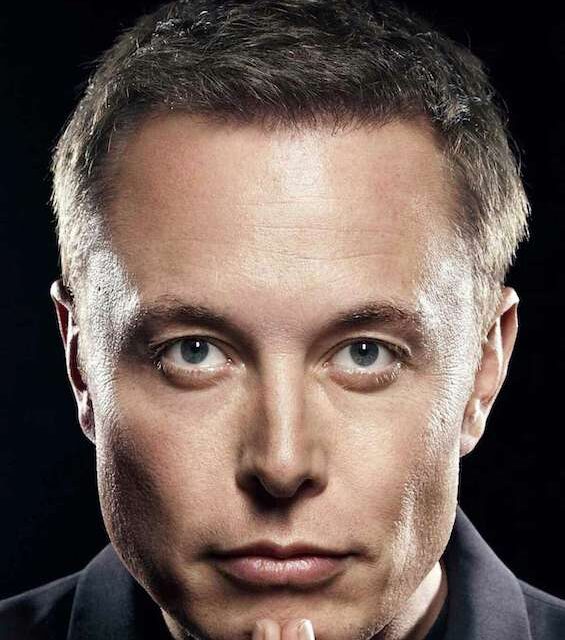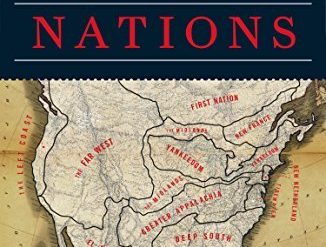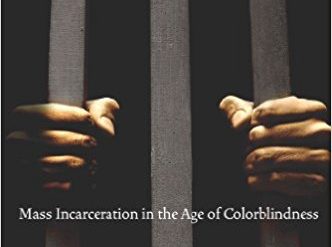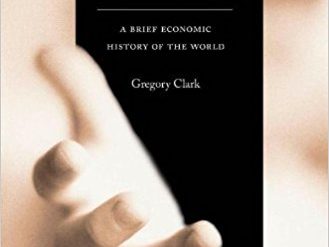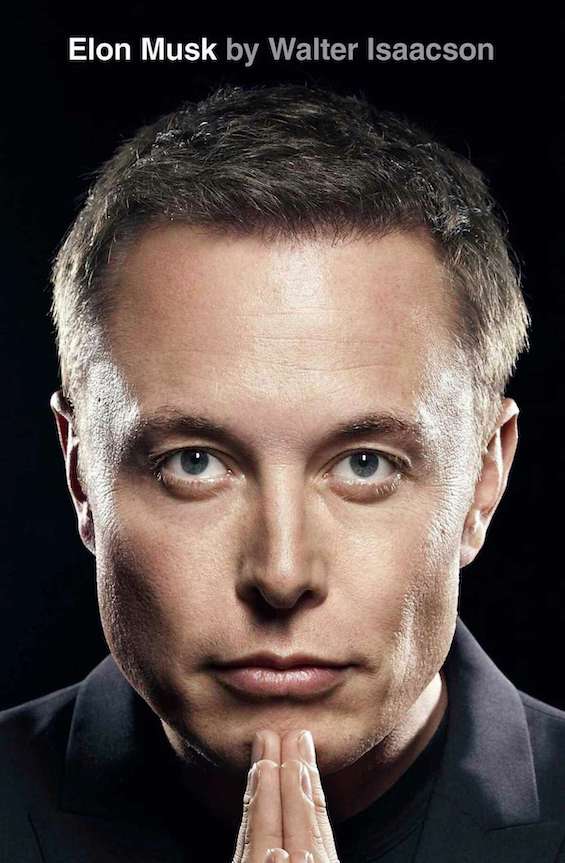
Watching Elon Musk unravel is not a pretty sight. And it seems to have become more common since he purchased Twitter last year. But that’s only because most of the time before then he erupted behind the scenes, reaming out employees at Tesla, SpaceX, or one of his several other companies. And it doesn’t seem a stretch to conclude that the man is nuts, given his self-diagnosis. And that comes to light early in Walter Isaacson’s new Elon Musk biography.
Musk says he’s on the Asperger’s Spectrum and is bipolar. In fact, though medical professionals haven’t confirmed these diagnoses, the evidence seems clear to me in all my unprofessional conviction. He is socially awkward, lacks empathy, and often swings wildly from elation to self-destructive moods. All of which leaps off the page in this sometimes jaw-dropping new biography of Elon Musk. But however the man’s brain is wired, he has set out to change the world in fundamental ways—and he’s on his way to doing just that.
Estimated reading time: 6 minutes
A profound agenda to change the world
Consider the goals Musk has set out for himself:
- Make humanity an interplanetary species by establishing a colony on Mars by building cheap, reusable rockets.
- Lead the way to a sustainable energy future by manufacturing self-driving electric vehicles and efficient, high-capacity batteries, thus disrupting both the automotive and the fossil fuel industries.
- Make AI safe for humanity by elevating human intelligence through chips implanted in the brain that will interface with computers and thus equal the capacity of even Artificial General Intelligence.
And to do all this and more, he now runs six companies. The best known are Tesla (including the Optimus humanoid robot) and SpaceX (which includes the Starlink communications satellite system), and, of course, Twitter (now called X). But Musk also runs Neuralink (brain implants), the Boring Company (the Hyperloop), and a new company founded in 2023 called X.AI, which has set out to compete with OpenAI, creators of Chat-GPT. But even this isn’t all.
Musk cofounded PayPal, too, though he left the company two decades ago. He also cofounded OpenAI, but later parted ways with CEO Sam Altman. Although Isaacson often compares Musk to another of his biographical subjects, Steve Jobs, he points out that even “at his peak” Jobs ran only two companies, Apple and Pixar (and that didn’t last long). Bill Gates ran just one. But Musk compares the three men in another way, too: all three subjected employees to merciless psychological abuse.
Elon Musk by Walter Isaacson (2023) 688 pages ★★★★☆
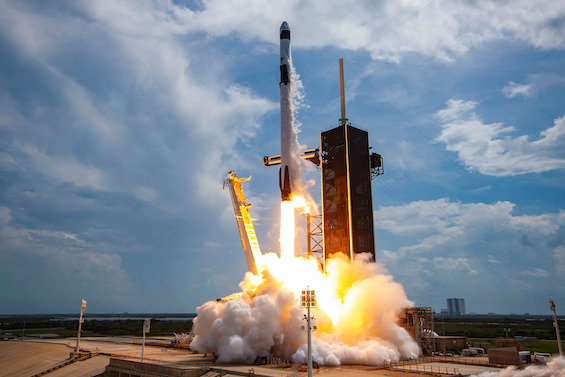
A chaotic personal life
Musk’s personal life is as chaotic as his work life, if not more so. He is estranged on and off from his father. The old man long since dived off the deep end into anti-Semitic rants and conspiracy theories plucked from the Internet, and even Musk has limits. And he has eleven children from three different women. Canadian author Justine Musk. The singer known as Grimes (Claire Elise Boucher). And Neuralink executive Shivron Zilis. Musk’s eleventh child was born in 2023, when Musk was fifty-two. (There was a twelfth, the first, although the boy died of Sudden Infant Death Syndrome). But he has also had relationships intermittently with other women as well, including most famously the actress Amber Heard. And Isaacson devotes almost as much space and attention to the details of these many relationships as he does to Musk’s life in business.
“A maniacal sense of urgency is our operating rule.”
Musk repeatedly demonstrates that he will settle for nothing less from his employees than fanatical dedication to their work. And he shows Isaacson again and again that he will treat his employees, no matter how senior, to unrelenting abuse if he doesn’t perceive their complete submission to their companies’ goals. As Jill Lepore points out in her review of this book in the New Yorker, “The book upholds a core conviction of many executives: sometimes to get shit done you have to be a dick.”
A balanced assessment in this Elon Musk biography
Isaacson’s assessment of Musk is balanced in the end. “Do the audaciousness and hubris that drive him to attempt epic feats excuse his bad behavior, his callousness, his recklessness?” he writes. “The times he’s an asshole? The answer is no, of course not. One can admire a person’s good traits and decry the bad ones. But it’s also important to understand how the strands are woven together, sometimes tightly. It can be hard to remove the dark ones without unraveling the whole cloth.”
And Isaacson implies that those good traits seem destined to be remembered far longer. “Could you get the rockets to orbit or the transition to electric vehicles without accepting all aspects of him, hinged and unhinged? Sometimes great innovators are risk-seeking man-children who resist potty training. They can be reckless, cringeworthy, sometimes even toxic. They can also be crazy. Crazy enough to think they can change the world.”
About the author
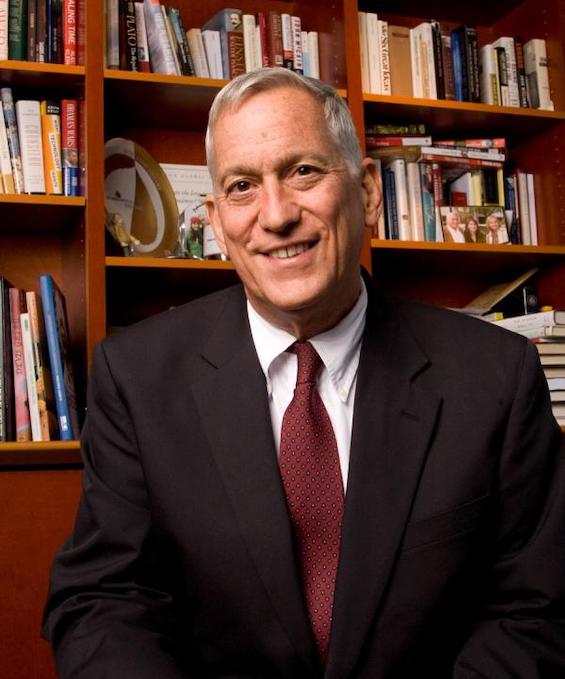
Walter Isaacson is the author of nine biographies to date profiling some of the most remarkable figures in Western history, from Leonardo Da Vinci and Benjamin Franklin to Henry Kissinger and Steve Jobs. He was born in New Orleans in 1952 and attended Harvard University, where he majored in history and literature, and Oxford as a Rhodes Scholar. In his working career, he served as chairman and CEO of CNN, president and CEO of the Aspen Institute, and professor of history at Tulane University, among many other positions. In 2023, President Joe Biden awarded him the National Humanities Medal. He holds numerous honorary degrees.
For related reading
Over the last decade I’ve reviewed two other Isaacson biographies:
- Steve Jobs (The Walter Isaacson biography of Steve Jobs)
- The Code Breaker: Jennifer Doudna, Gene Editing, and the Future of the Human Race (CRISPR technology may change the world as we know it)
And I’ve reviewed two other books in which Elon Musk is a principal figure: The Space Barons: Elon Musk, Jeff Bezos, and the Quest to Colonize the Cosmos by Christian Davenport (Four billionaires and humanity’s future in the cosmos) and The Founders: The Story of PayPal and the Entrepreneurs Who Shaped Silicon Valley by Jimmy Soni (A group biography of the PayPal mafia). And I previously reviewed an earlier biography, Elon Musk: Tesla, SpaceX, and the Quest for a Fantastic Future by Ashlee Vance (Elon Musk wants to build a colony on Mars (for real)).
For two critical reviews that are both much more extensive than my own, see:
- “How Elon Musk Went from Superhero to Supervillain” by Jill Lepore (New Yorker, September 11, 2023)
- “Elon Musk Wants to Save Humanity. The Only Problem. People.” by Jennifer Szalai (New York Times, September 9, 2023)
You’ll find other, related books at:
And you can always find my most popular reviews, and the most recent ones, on the Home Page.

